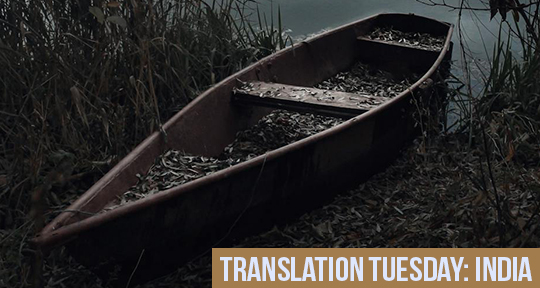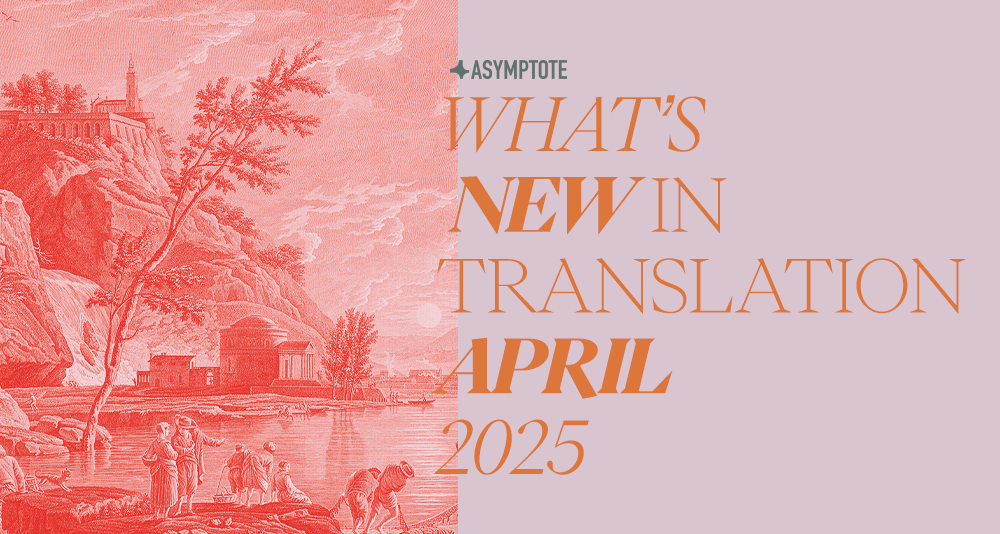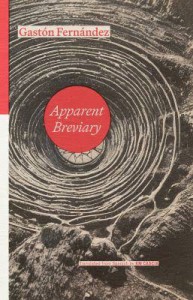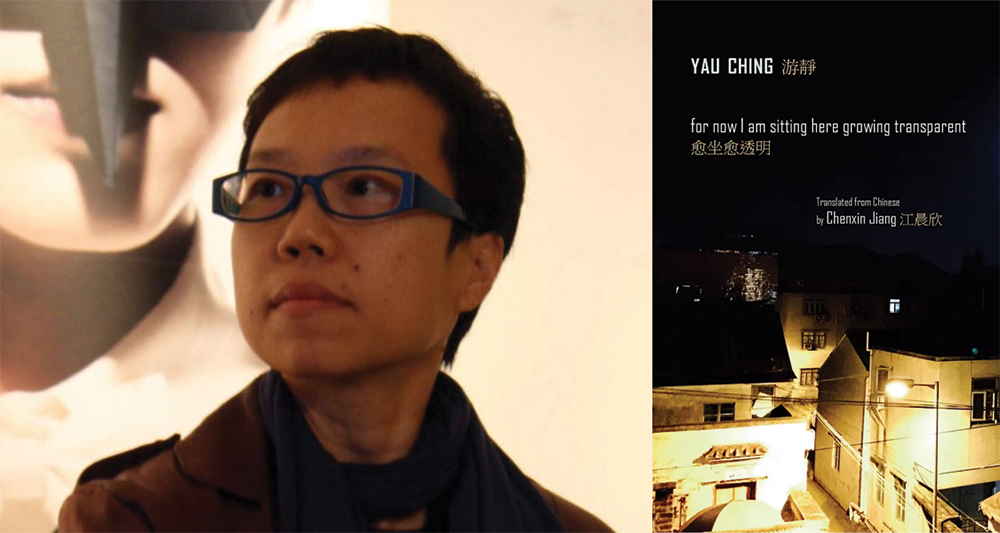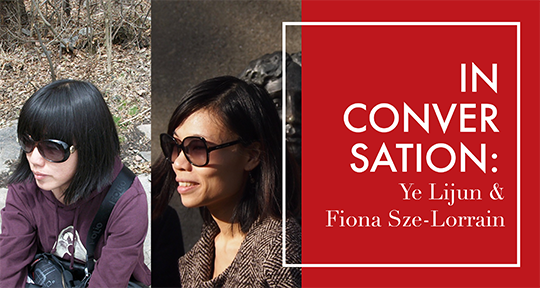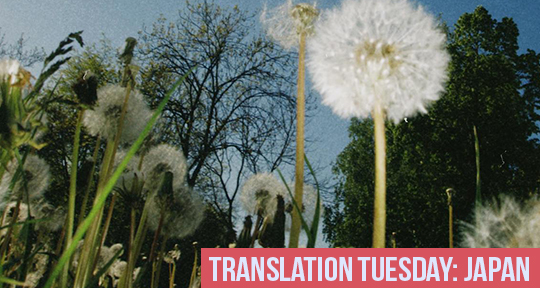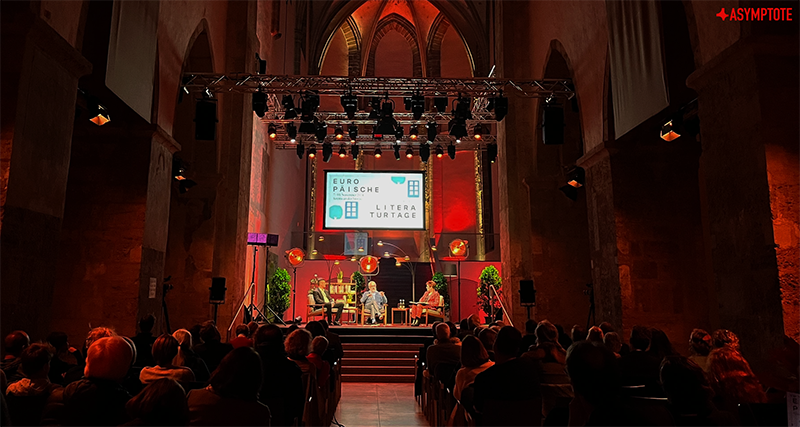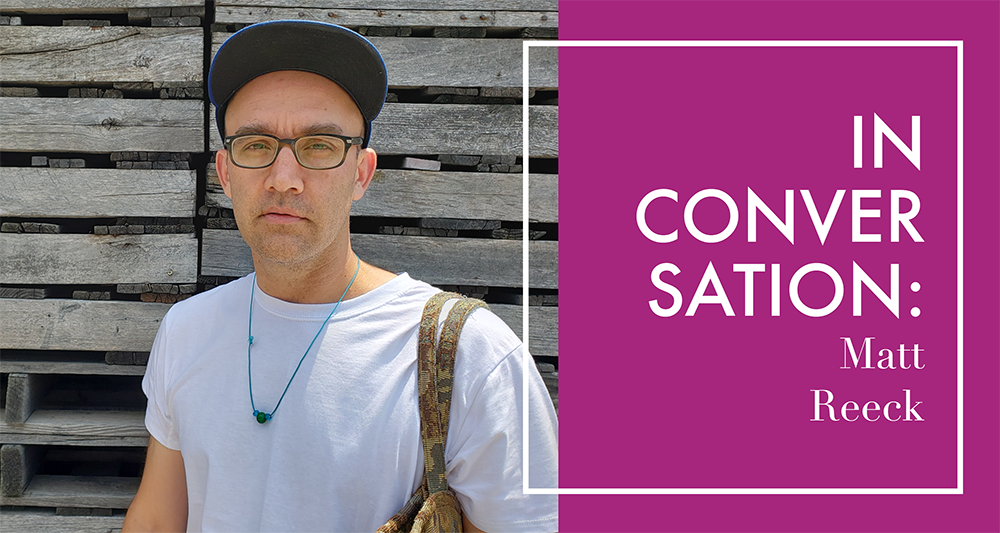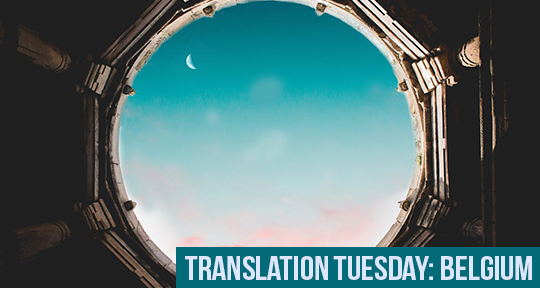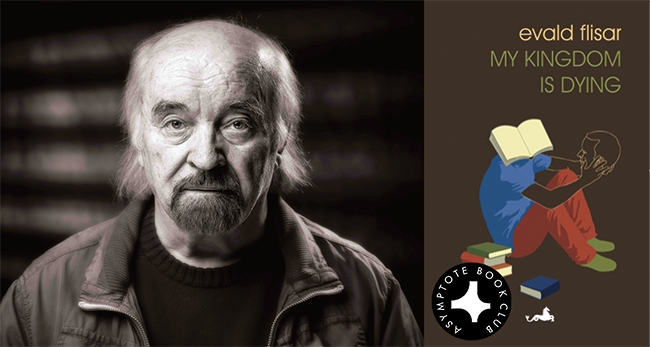For this week’s Translation Tuesday, we bring you a lyrical meditation on longing, loss, and ephemeral encounters by India’s eternal poet laureate, Rabindranath Tagore. Set against a monsoon-drenched landscape, “The Boat” captures a moment of solitude as the narrator, tired after a long day of harvesting, watches a mysterious boatwoman pass by. There is a haunting nostalgia in the stranger’s presence, yet she vanishes as quickly as she arrives, leaving behind empty hands and unanswered questions. Tagore infuses his songlike verses with his signature blend of natural symbolism and emotional subtlety. Translated gracefully from the Bengali by Anushka Sen, the poem illuminates a world where human connection is as fleeting as the rains.
The Boat
Through thickets of thunder runs the rapid rain.
I sit alone and helpless by the shore.
The harvest heaped in heavy rows,
draws my labour to a close.
The brimming river grows
to a sickled roar.
The rains arrived as I was threshing grain.
I sit alone in a little field of rice
with little rivers rippling all around.
Smudged against the distant stroke
of watersky, a village glows
through forest fog and cloudy smoke—
So it was I found
myself alone in a little field of rice.
Who is that approaching, singing, rowing to the shore?
When I set my eyes on her, I think we’ve met before.
She hurtles past with streaming sail,
never glancing either way
as desperate waves assail
her boat and turn to spray.
I see her, and feel as though we may have met before.

